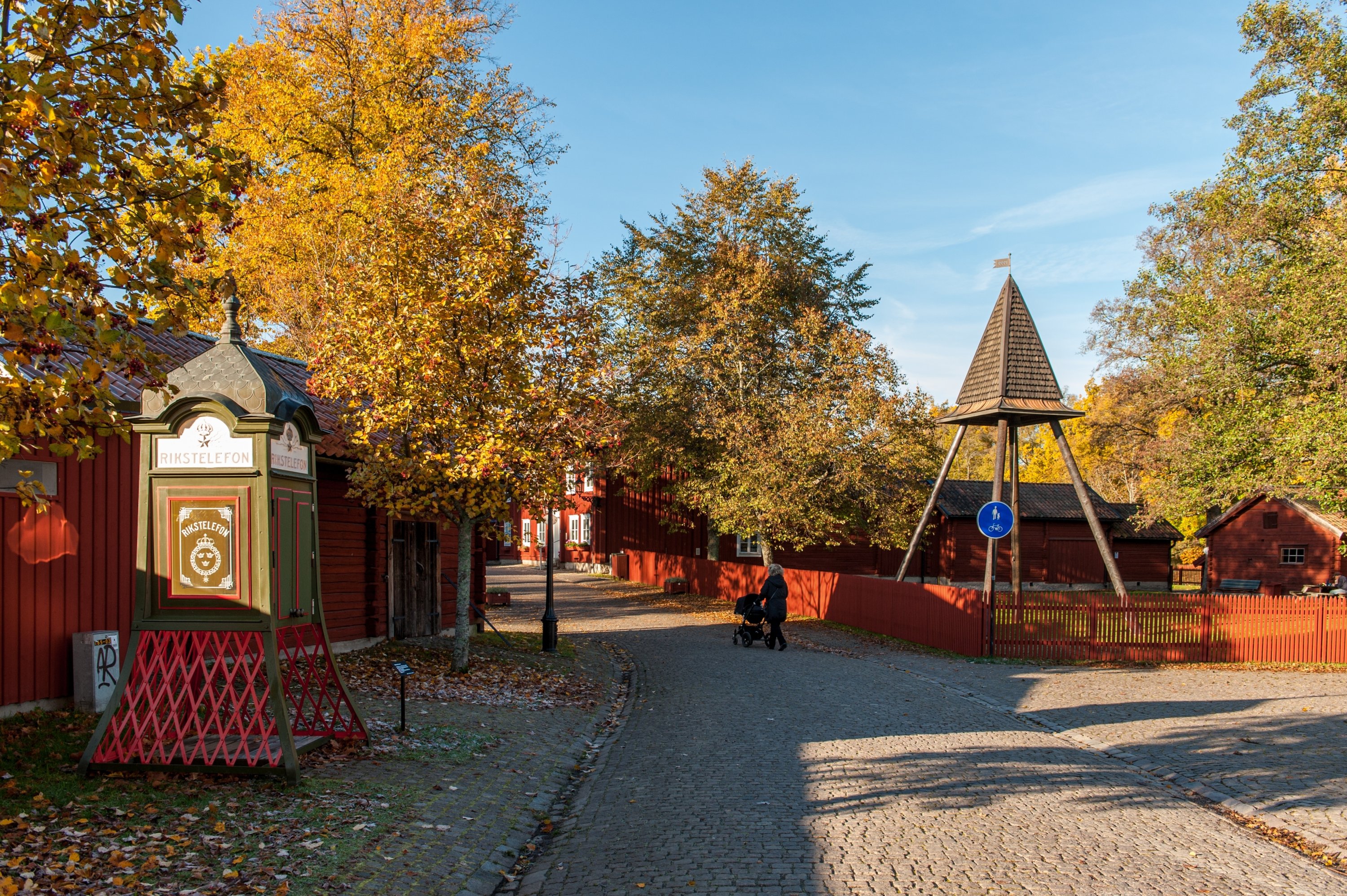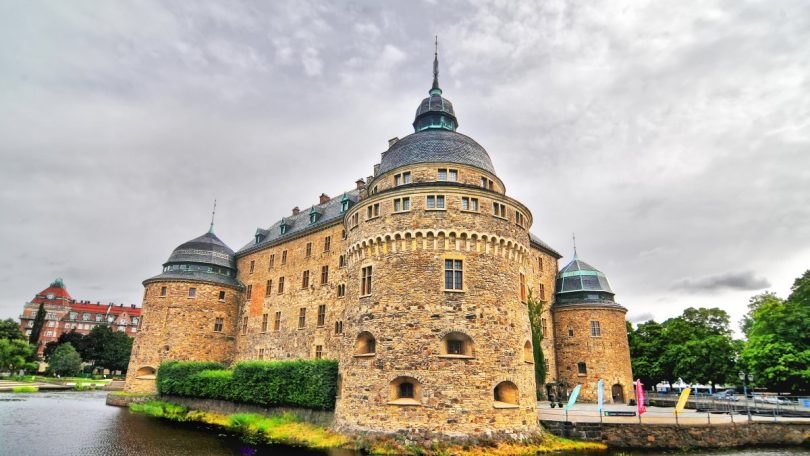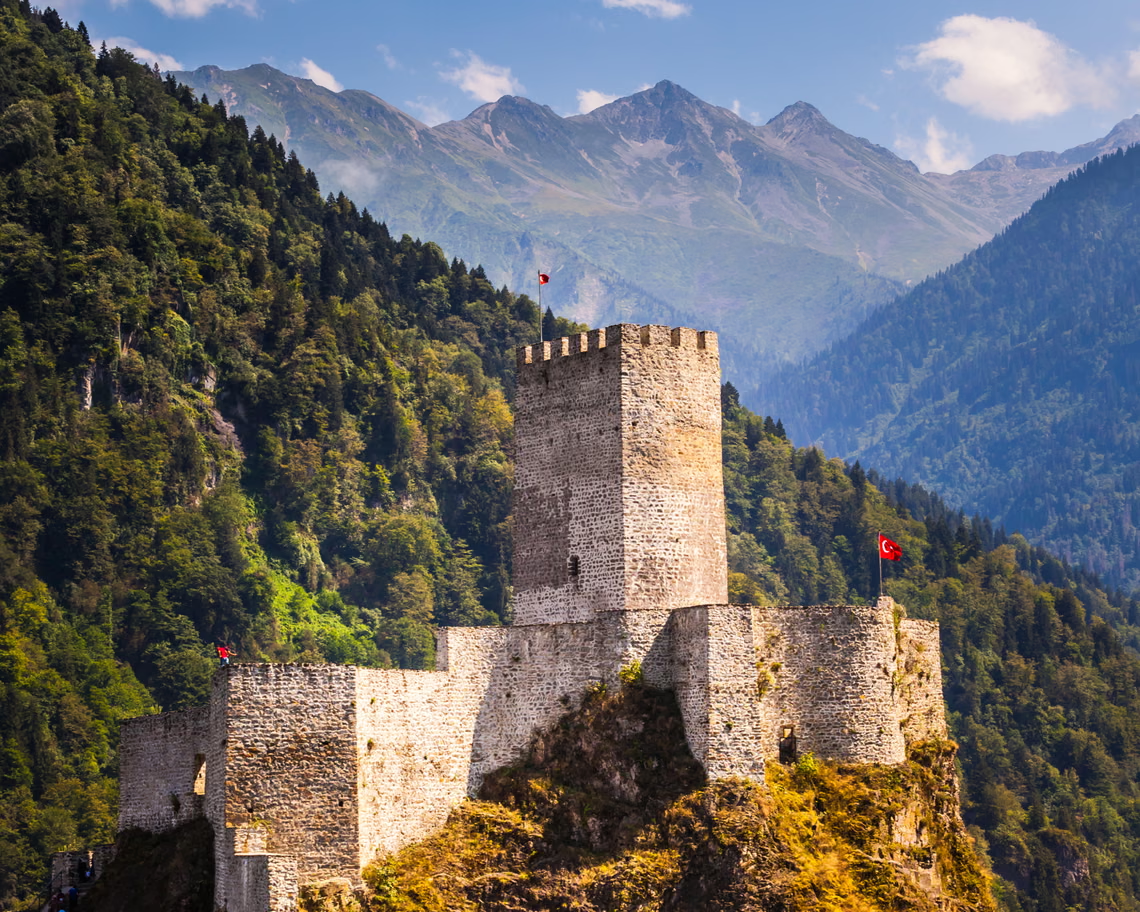Irfan Raja
ÖREBRO, SWEDEN: After spending a couple of hours in Stockholm, Karin Schill, my Swedish host and guide, alerted me about our next trip.
Stockholm is a historic, vibrant, and photogenic city. I had already planned to spend a Sunday exploring the city, so after a few hours wandering through Stockholm’s city center, we left for Örebro as twilight set in.
Obviously, it’s wise to schedule the itinerary carefully. The road to Örebro offers plenty of sightseeing opportunities. Karin knew photography was my weak spot, so she had thoughtfully planned several stopovers.
Swedish law does not prohibit taking pictures of people and places in public, but it is still courteous to ask politely or alert them before capturing an image.
Karin resumed talking about nearby historic places, mainly focusing on Örebro, her hometown, “where history and contemporary culture converge.” Observing her enthusiasm, I realized that Örebro would be a fantastic destination.
Indeed, the lush green landscapes, blue lakes and oak tree-lined avenues alongside the tidy motorway deserve a lyrical presentation. Karin briefed me about the history of oak trees and their royal connections. Coincidentally, I learned that recently King Charles and the Swedish King Carl XVI Gustaf planted a beautiful oak tree at Windsor.
Finally, as we stepped into Örebro, a rainy and dark night welcomed us. Luckily, I had booked an Airbnb with a convivial elderly woman living close to Örebro University in an extraordinarily clean flat. Europeans generally prefer living alone nowadays, as family units are less common.
Normally, I struggle to sleep upon arriving at a new place, but that rainy night, something unusual happened – I fell into a deep sleep immediately. The next morning, after having an English breakfast, Karin arrived on time and I was ready to explore Örebro.
Örebro is famous for its shoe industry, biscuits, wonderful canals, splendid parks, historic buildings in the old town and a modern, highly regarded university.
At first glance, I realized that Örebro’s charm lies in its historic connections and natural beauty, making it one of Sweden’s top tourist destinations.
Discovering Örebro’s icons
Örebro Castle and the Wadköping Museum, a well-preserved 16th-century village, are two iconic landmarks that proudly stand at the heart of this great city. As we entered Wadköping, I was reminded of Cosmeston Medieval Village in Cardiff, U.K., and Hallstatt village in Austria – both well-preserved sites that illustrate life in Celtic villages dating back to the Early Iron Age. The Welsh often refer to Wales as “God’s own country” because of its natural beauty, a fact beautifully captured in the BBC series “Story of Wales.”

In Wales, I observed Celtic Iron Age roundhouses, which illustrate life some 2,000 years ago. Such fortified constructions were typically built on elevated ground near streams and rivers, as water is essential for the survival of humans and livestock, as well as for irrigation.
The Wadköping open-air museum displays well-preserved old-fashioned houses, alleys, craft shops, a restaurant, bakery, cafe and museum – all painted in traditional red and framed with timber.
Notably, Wadköping is named after the famous novelist Hjalmar Bergman Söderberg’s book “Markurells i Wadköping.” Fortunately, there is no entrance fee to the museum.
The museum features stone-paved streets reflective of the Roman period. You can experience a calm environment, traditional decor and stunning furniture inside buildings dating back to the 18th century, such as Caisa Warg’s house – home of an 18th-century celebrity chef.
The 16th-century Kungsstugan, the King’s medieval lodging, is a marvelous piece of architecture. I was shocked to see a fabulous display of medieval dwellings, which included duvets made from sheep’s fur, clay ovens and wooden beds raised a couple of feet above the floor. These homes typically had living rooms on the first floor to protect inhabitants from snakes, dangerous insects and wild animals.
After completing the tour, you can treat yourself to traditional bread, cookies, candies and coffee at the museum bakery and cafe. I even recorded a short video for my TikTok fans to share this joyful experience.
After spending an hour at Wadköping Museum, we headed toward the city center through a pedestrian and cyclist passageway surrounded by waterways, statues, signposts, flowering alleys and charming bungalows.
Örebro is home to modern shopping malls, cafes, bars, libraries, parks, historic venues and much more. After spending a few hours in the city, Karin drove me to her home.
Karin offered me a simple but specially prepared dinner. We exchanged gifts and talked over coffee. I felt at ease as her family exhibited warm hospitality. Her well-maintained, tidy and beautifully decorated house – with a thriving little garden, a purpose-built cellar housing musical instruments and a bicycle – told a story of traditional Swedish family life.
I noticed pictures of British Princess Diana on the walls of Karin’s study, reflecting her own personality. Though I knew her primarily as a filmmaker and writer.
I also met Karin’s sister, Jenny Schill, a travel consultant and official guide for the Örebro local government. She promised to show us Örebro Castle the next day. Jenny holds the keys to the castle – a special privilege that made me feel like a celebrity. Before dark, Karin dropped me off at my place near Örebro University, a 10-minute walk from a Turkish mosque.
Örebro Castle: Living gem
The next day, I woke up for my fajr prayer and organized my travel notes. After making coffee and waffles, I began dreaming about visiting the castle.
Örebro Castle is a marvelous piece of architecture located in the city center. It serves as the local government’s seat and is surrounded by a brook, which reminded me of Caerphilly Castle in Wales.
We arrived at the entrance and noticed cannons standing guard. We waited a few minutes for Jenny. At first glance, I barely recognized her – dressed in medieval attire and holding a large, iconic castle key.
Storytelling is not everyone’s cup of tea. But Jenny’s extraordinary and skillful narration of the castle’s historic records was so vivid that I felt transported to another era.
She showed us royal courtyards, cellar vaults, towers, a dome, conference and meeting rooms, a banquet hall, a small prison cell, and an old collection room featuring armors, jewelry, furniture and paintings.
Jenny also showed us a heavy old black box inside one room, built to keep secret documents, valuables and wealth. To this day, it remains locked and no one knows what’s inside.
Over the decades, the castle has undergone structural changes – including the addition of a lift and a new central column, likely to strengthen the building. Today, it serves various purposes, including official ceremonies.
Inside, the castle boasts modern décor and a heating system, but its exterior retains its ancient charm. Rounded windows fitted with colorful glass provide a stunning view of the river at night. Karin drove me to several iconic places around the city, including Örebro University and the striking water tower Vattentornet Svampen, which offers an all-encompassing view of the city.
I owe Jenny a huge debt for being my volunteer guide. Her fascinating storytelling brought the past to life, making me feel as if I were living in those historic times. At the end of this memorable tour, I can say that future generations will continue to be enchanted by Örebro’s undeniable beauty.







